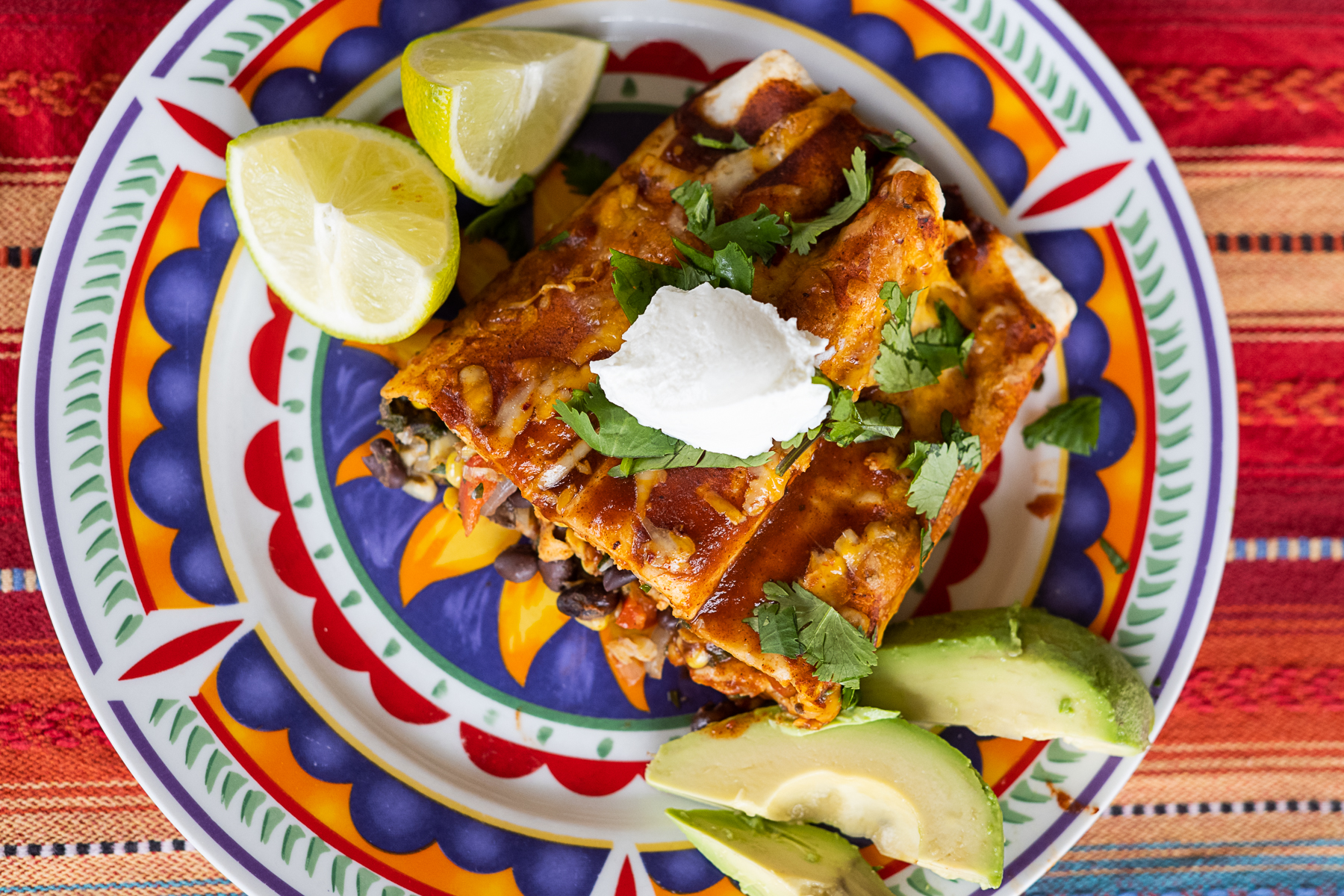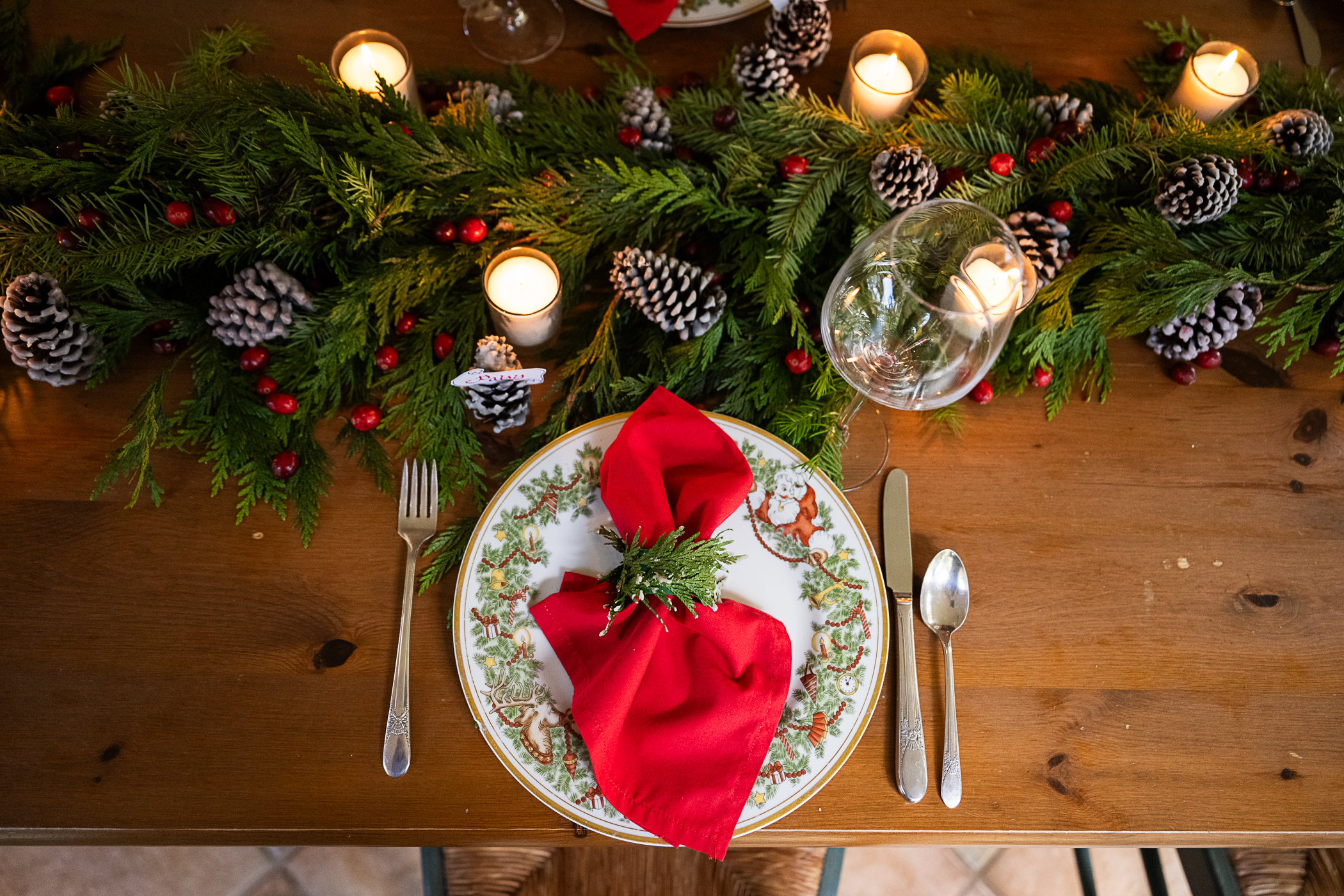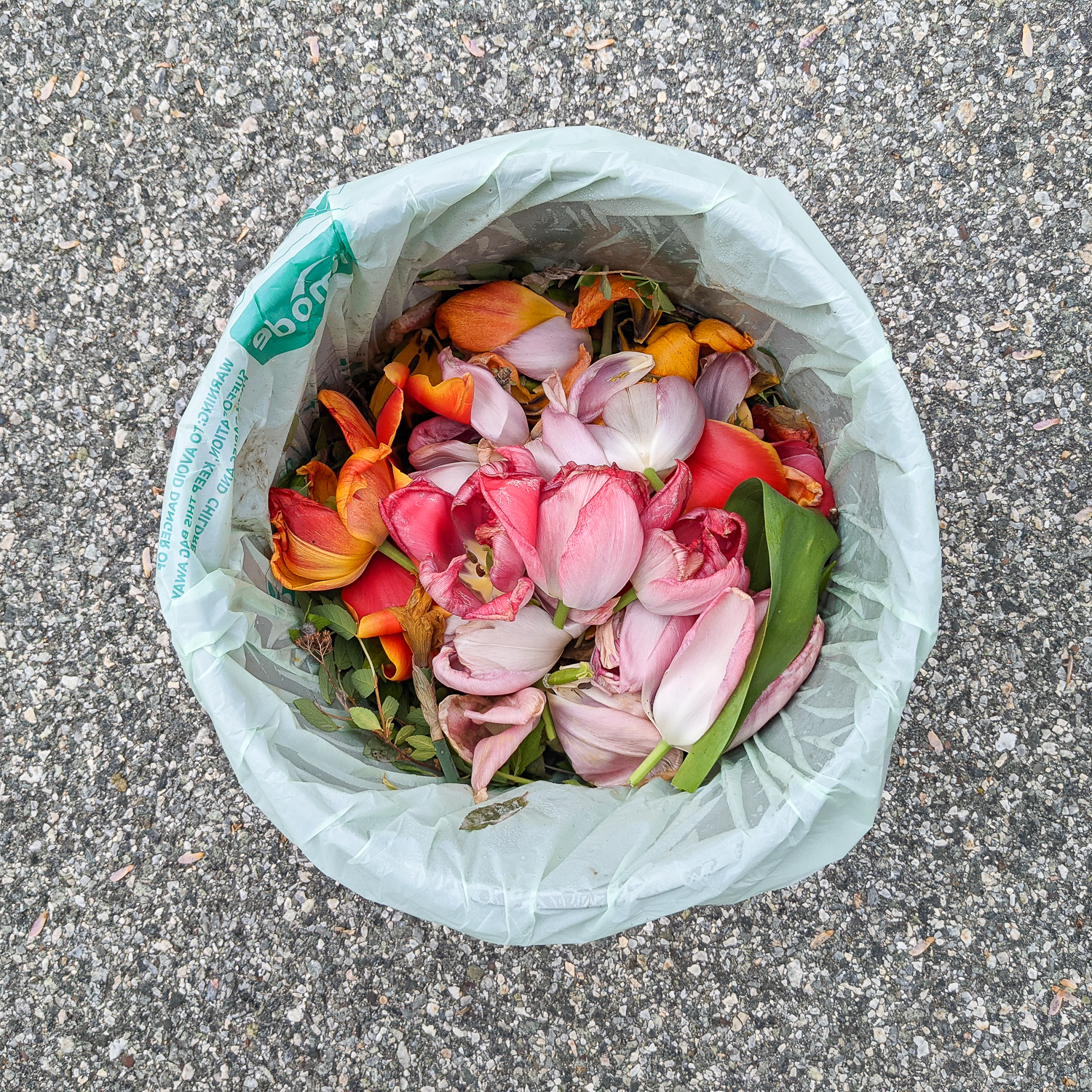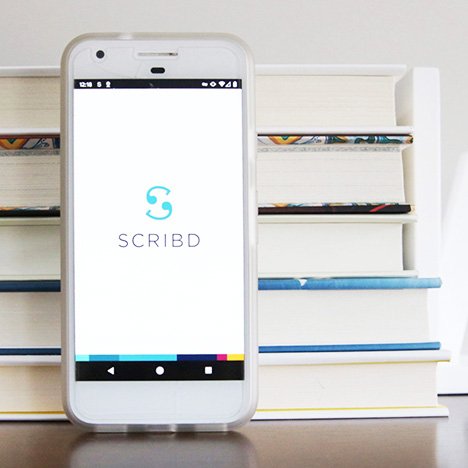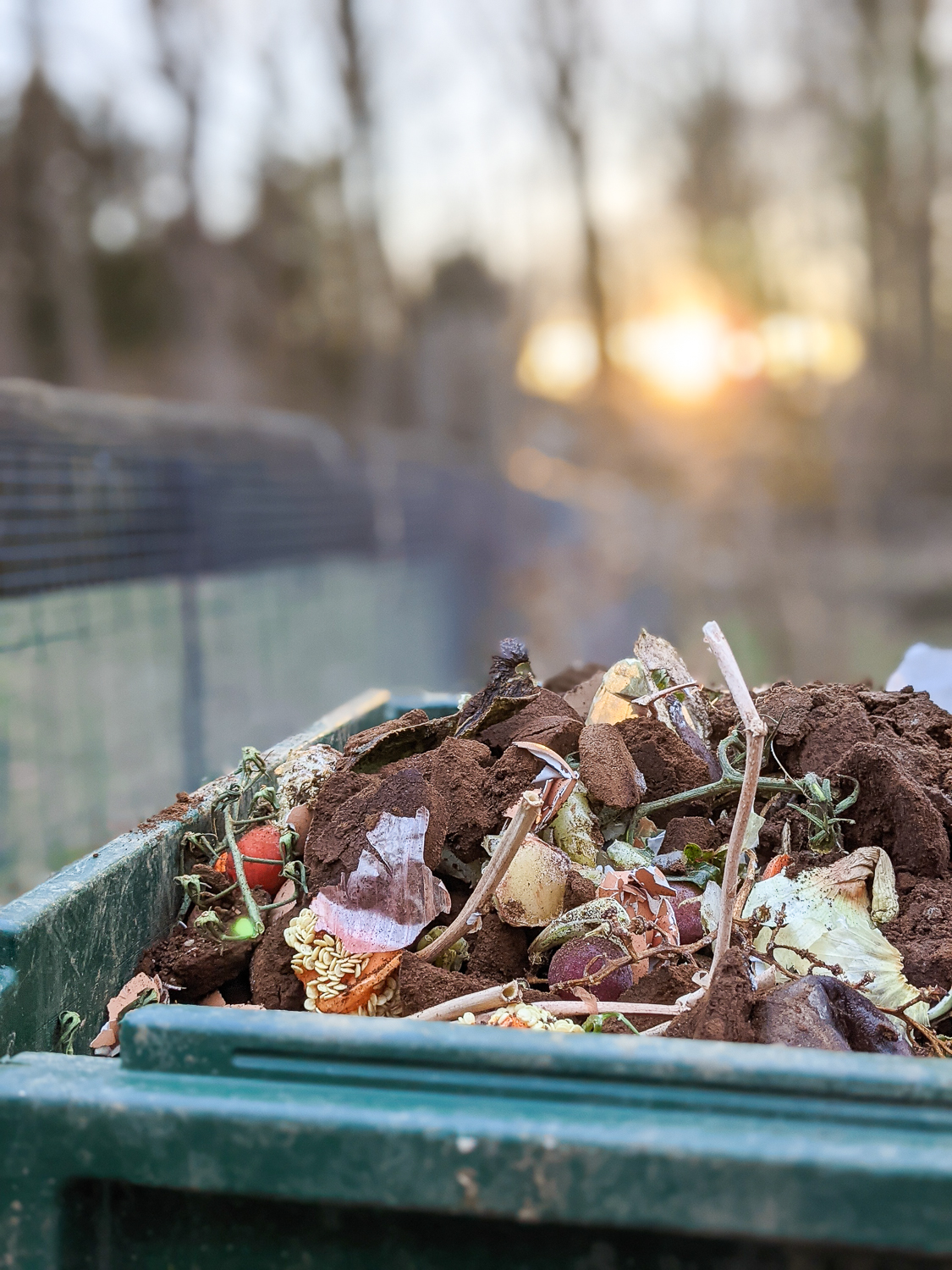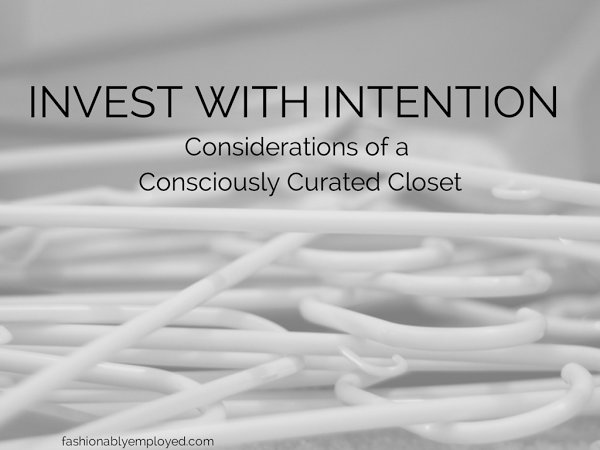How To Compost At Home | Vermicomposting In An Apartment
If you live in an apartment, vermicomposting might be the perfect option to compost at home. Read on for more about how this family lets the worms under their sink do the hard work of composting for them.
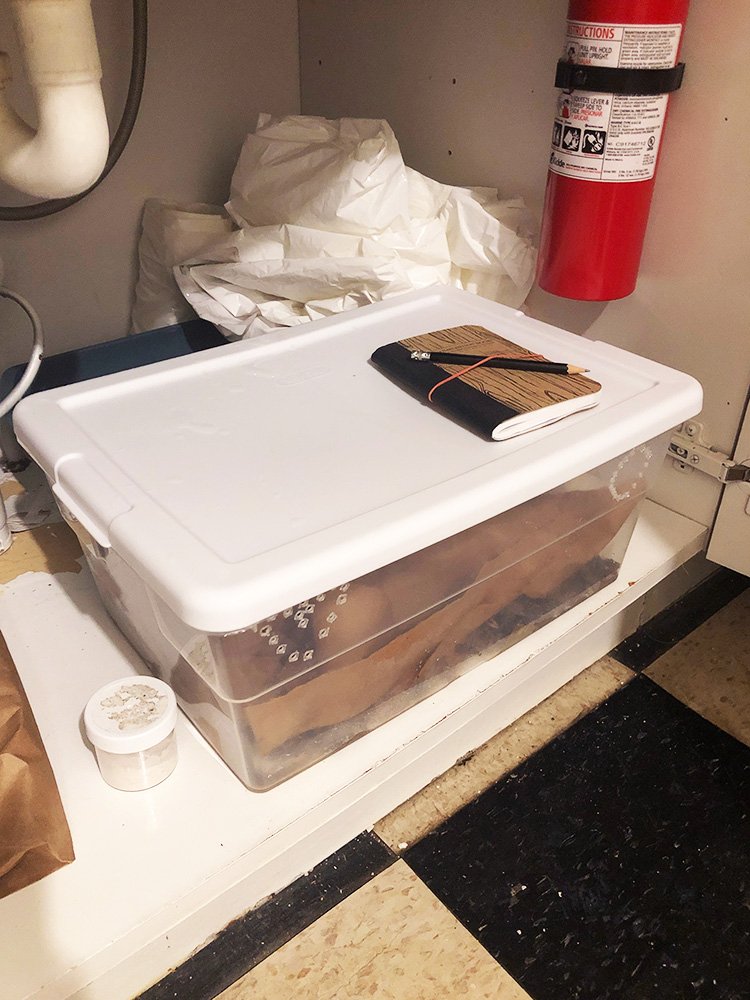
The Compost Chronicles series highlights families in various circumstances who have all found a way to compost at home that works for their lifestyle. Hopefully, you can be inspired to give it a go and help our planet become a little healthier.
Did you know that composting can transform your trash into new life? And that new life, in the form of microbes, fungi, earthworms, and more, provides the foundation for much of all other healthy life on Earth?
Composting is a great way to create healthy soil to support people and our planet. Healthy soil is also a magical carbon sink that absorbs carbon from our atmosphere and helps cool the planet. While dead dirt has few living organisms, a teaspoon of healthy soil has more living organisms in it than the entire population of humans on Planet Earth!
We need everyone to learn how to compost at home and make it a part of everyday life.
Don’t think you can compost? We’ve got a whole set of resources on Everything To Know About How To Compost At Home, including more Compost Chronicles interviews. All of this information about how to compost at home will hopefully prove that just about anyone can make space and find a system to turn their food scraps into nutrient-rich compost to enrich our soil, feed our food cycle, and limit the food waste that ends up in landfills.
In another edition of Bring Your Trash To Life, I’m really excited to feature Chelsea. Despite living in an apartment, she composts her food waste using both vermicomposting (or composting with worms) and a home pick-up service. I’m not an expert on vermicomposting by any means, so I’m thrilled Chelsea agreed to share all the details, including a really helpful online manual to which she linked below.
Can you tell us a bit about yourself… the Chelsea 101?
I’m 29 years old and live with my 30-year-old boyfriend Hamza and our cat Sherlock in Atlanta, Georgia. Hamza and I met at work and have been together for 3 years. We moved down from Brooklyn, New York, to Atlanta together in June last year.
Tell us a little bit about why you decided to start composting?
I was originally motivated by the zero waste movement to start composting. Now I value it even more for its climate change impacts.
What methods of composting do you use or have you used?
In Brooklyn, we would save our food scraps in the freezer and drop them off at the city collection bins, or the “brown bins” in our neighborhood. We’ve been vermicomposting for about 9 months and currently subscribe to CompostNow to take care of the excess food waste that’s beyond our worms’ processing capacity.
Have you had any methods that didn’t work for you?
When we moved to Atlanta, we tried to drop off at a local community garden’s compost. We found that it was too far for us to sustain, so we caved and subscribed to CompostNow to take care of the food scraps beyond our worm bin’s capacity.
How do you store the scraps until they are taken to your compost pile?
We store our food scraps in the freezer. Sometimes we take it out and let it “shrink” for a few hours or overnight to make more space in our compost pail. We haven’t had any smells or issues, though the pail does take up about half of our freezer.
Do you have any special tools, containers, or products that help make composting easier or more accessible for you?
Our worm bin is a 17 x 12 x 7-inch clear plastic bin into which we drilled air holes. I keep a “worm log” in a little notebook to jot down observations when I do my weekly worm bin maintenance.
Do you have any other supplies, like extra cardboard, that you store until you need to add them to your compost pile?
Yes! We keep brown paper bags and cardboard to use as bedding for the worm bin, which gives the worms cover and also helps reduce any smells that might arise. I tear it by hand and moisten it in dechlorinated water before I add it to the bin. I keep them in a large brown paper bag (the kind with the twine handles) under my kitchen sink.
We also sometimes add crushed eggshells to help clear out the worms’ digestive tracts. One time, we made an eggshell powder in the coffee grinder and stored it in a small container, but since we’ve gotten lazy and just crush it by hand.
How does your family feel about composting?
Hamza thinks it’s cool, but he doesn’t want to touch the worms or their “castings” (i.e. their poop). He helps me by setting his apple cores, banana peels, and melon rinds aside for me to use as worm food. Sherlock is curious about the worm bin and thankfully hasn’t eaten any of the worms.
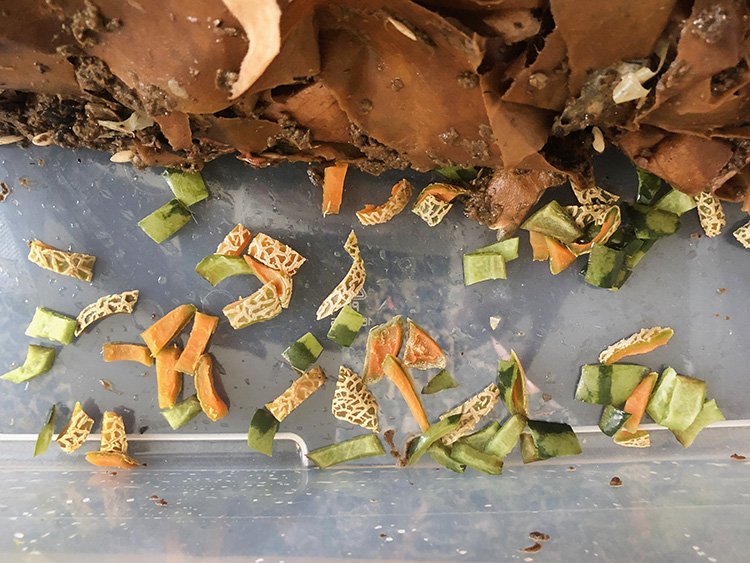
Have you experienced any benefits from composting, especially ones that might have surprised you?
I’ve been surprised by how therapeutic composting is. I’ve shoveled windrows of compost as a volunteer at Red Hook Community Farm, and I’ve tended my own worm bin at home. Both the individual and community experiences have been very soothing.
Anything else you’d like to share with readers about your composting practices, especially to help beginners gain confidence that they too can compost?
If you’re interested in vermicomposting at home, I recommend this vermicomposting manual. It’s extremely helpful!
Where else can we find you and learn more about what you’re up to?
You can see what I’m up to on my blog ecoconsciousconsumer.com and my Instagram account @ecoconsciousconsumer.
Thanks so much, Chelsea for sharing your story about how you compost at home, in two different ways no less!

